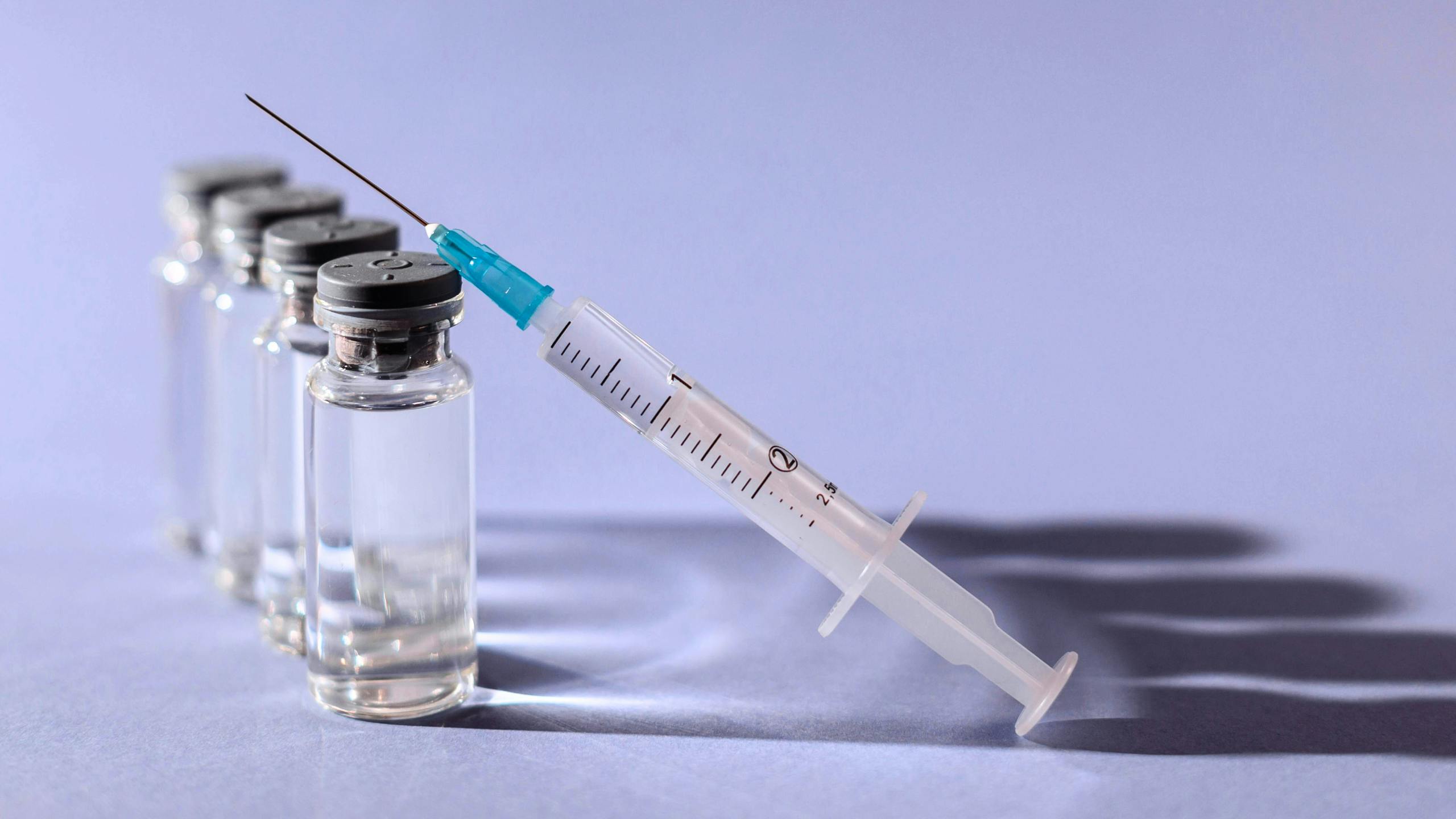New promising results from personalized cancer vaccine trials
When we say cancer vaccines, most people think of preventive care tools like Gardasil, the HPV vaccine that prevents cervical cancer.
But that’s not the kind of cancer vaccine that’s been making headlines recently.
We’re talking about an injectable cancer therapy that harnesses the body’s protein production pathways, much like a virus-preventing mRNA vaccine.
Today, we’re catching you up on the biggest players in the cancer vaccine game, how we got here, and the pros and cons to this new era of personalized oncology.

What is a personalized cancer vaccine?
Cancer vaccines are not new. The biggest players in pharmaceuticals are churning out exciting results. Moderna and Merck have a clinical trial in the U.K. for a personalized mutation-fighting melanoma vaccine. BioNTech and Genentech have announced their own personalized vaccine for pancreatic cancer.
To understand how these vaccines work, let’s take a quick trip back to introductory biology. We promise, there won’t be a pop quiz.
Standard vaccines work by triggering your body’s immune response by introducing a dead or weakened pathogen. Vaccines that rely on messenger RNA (mRNA) take a slightly different approach, instead giving your body mRNA corresponding to a viral protein. Your body’s protein production mechanisms—the same ones involved in gene expression—then translate the mRNA into the viral protein for your immune system to go to town on, producing antibodies.
Cancer mRNA vaccines take this same approach to fighting different cancers, training the immune systems to recognize and destroy malignant cells. Plus, the personalization inherent to approaches like Moderna’s and BioNTech’s means each vaccine in tailored to a patient’s particular tumor, developing it from a collection of the patient’s own malignant cells.
COVID paves the way?
As we said, this technology isn’t new. In fact, work on mRNA cancer vaccines has been going on for decades, long before COVID-19 vaccines put mRNA in the headlines.
However, the pandemic put this work into hyperdrive. Given the urgency of developing a COVID vaccine, mRNA vaccine research experienced a new level of urgency.
In a way, cancer vaccine development has been a byproduct of the leaps and bounds this field made due to COVID.
Our perspective: The upsides and downsides of personalization
A tailor-made cancer vaccine sounds like a bio-futurist’s wildest dream. Even we have been saying that personalization and precision is the key to the future of many areas of care—from preventive health to oncology.
However, personalization in medicine also has its costs. Working on many different tumor types and settings can mean a lot of variability in possible success, too. What’s effective in one area may not be generalizable. That’s why some companies are also focusing on “off the shelf” un-personalized cancer vaccines, which also save time and expense in treatment.
We remain optimistic in the boost COVID has given this field. Renewed interest and investment in cancer treatment is always a good thing. While not all approaches may pan out, casting a wide net increases innovators’ ability to find the treatments that save lives.
Moderna’s Michelle Brown has said, “With this technology, we really have a lot of aspirations.” As for us, we can’t wait to see many of these hopes yield fruit.